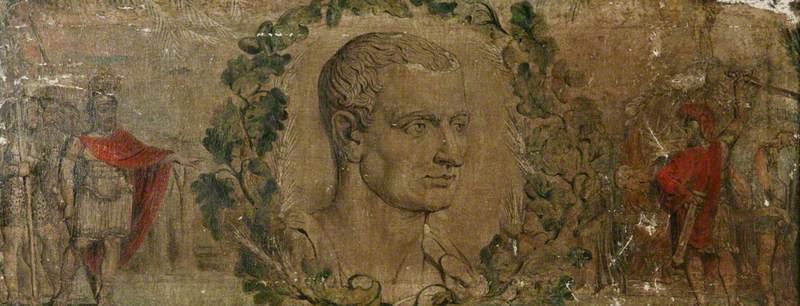When it comes to grieving, consolation is often best received from someone who has dealt with grief before. They bring experience (unfortunately, it takes misfortune to receive such experience) and provide wisdom in how to deal with heartache and tragedy.
In one of the recent editions from Princeton University Press’s ongoing series, “Ancient Wisdom for Modern Readers,” the ancient wisdom comes from the great Roman statesman and writer Marcus Tullius Cicero. In “How to Grieve: An Ancient Guide to the Lost Art of Consolation,” readers are shown insight into how to properly grieve and how to think about death, tragedy, and other misfortunes.






